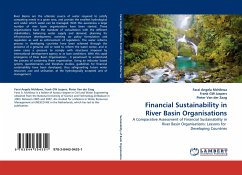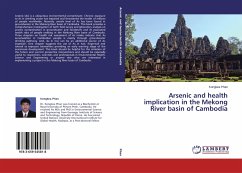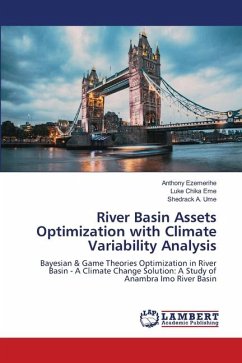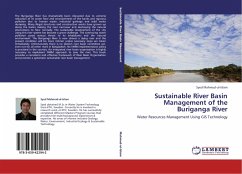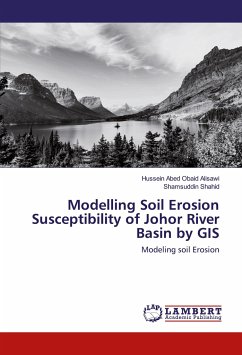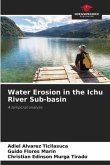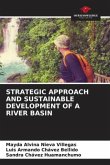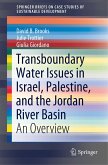River Basins are the ultimate source of water required to satisfy competing needs in a given area, and provide the smallest hydrological unit under which water can be managed. With this awareness a large number of river basin organisations have been started. These organizations have the mandate of consultation with the different stakeholders, balancing water supply and demand, planning for infrastructure development, assisting on policy formulation and regulation as well as enforcement of legislation. The water reforms process in developing countries have been achieved through the presence of a genuine will or need to reform the water sector, and in some cases a pressure to comply with structures imposed by international development agency or as loan conditions. With this rapid emergence of River Basin Organisations , it paramount to understand the process of sustaining these organisation. Using an indicator based system, questionnaires and literature studies, guidelines for financial sustainability have been developed, thus safeguarding future water resources ,use and utilisation, at the hydrologically accepted unit of management.
Bitte wählen Sie Ihr Anliegen aus.
Rechnungen
Retourenschein anfordern
Bestellstatus
Storno

